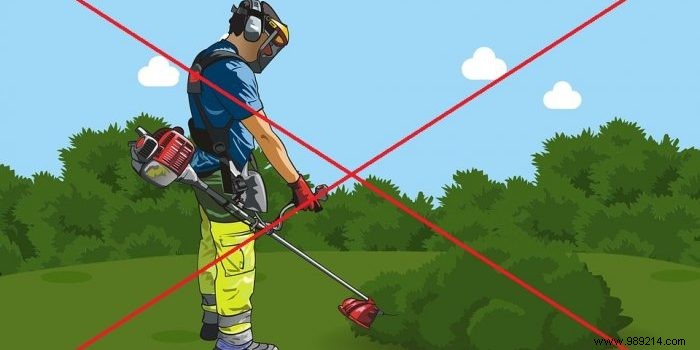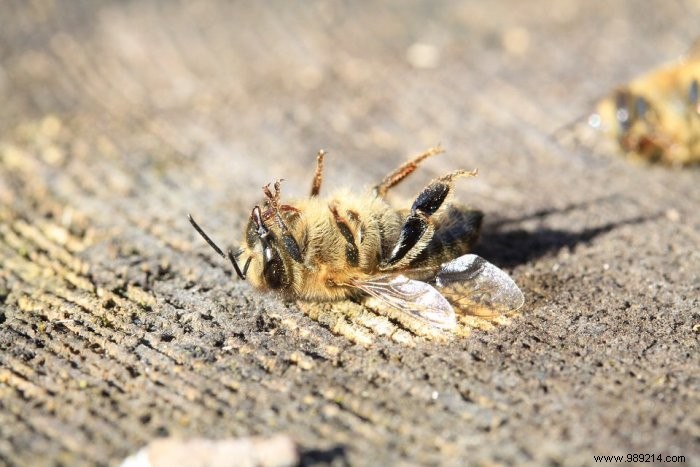
The use of pesticides, mainly chemical, is commonplace in the field of agriculture. Indeed, for many producers, only the maximization of yield takes precedence. They do not take into account the devastating effects of these powerful chemicals, both on the environment and on their own health. However, there are indeed many natural and effective solutions to protect our crops.
Let’s do a brief reminder about the pesticide before starting the subject. It is a chemical mixture intended to prevent or destroy organisms harmful to the crop.
The pesticide poses a real threat to humans, cases of cancer, male infertility have been found; there have even been cases where a fetus was seriously damaged. In the agricultural regions where the inhabitants are most exposed to pesticides, cases of direct poisoning and even death have been recorded.
The harmful effects are more alarming on the environment, pesticides pollute the air first of all. Then they upset an entire ecosystem, how? A very simple example:take the animal food chain, a contaminated earthworm will be eaten by a species placed higher in the chain which will in turn be contaminated and so on.
We also often forget that whatever we dump on the ground always ends up in the water table; drinking water would disappear from the face of the earth.
All these dangers are very real and have made the authorities react by promulgating texts relating to the prohibition of the use of chemical pesticides.

Pesticides contain insecticides, herbicides, parasiticides and finally fungicides.
Wouldn't the easiest natural method be to just prevent fungus from forming in the first place? By what means ? First of all you should know that fungi form when the soil is too acidic; it is therefore necessary to rotate crops from time to time and drain the soil.
Then, it is also possible to prevent the formation of weeds by using the mulching technique. It consists of blocking humidity and light that promote the development of grasses, by lining the soil with a layer of biodegradable sediment.
As far as prevention against insects and parasites is concerned, the use of repellent plants is a very effective method. We can cite basil and lavender which, planted in strategic places, will scare away flies, mosquitoes, ants and aphids.
We talked about prevention, but when the weeds have already taken hold, don't panic. Various natural solutions can overcome it.
Several methods are possible, but on closer inspection, these methods start from the same principle:burning the pest to the root. Either with hot water or with baking soda which is biodegradable and non-toxic.
There is also a slightly more modern technique which consists of using a device that kills the grass by inflicting a thermal shock on it.
Here we have real grandmother methods that have been proven.
Everything is based on the infusion of plants, such as horsetail and wormwood leaf, or also garlic; even pasteurized milk is sometimes used without additives or diluents. Indeed they contain antifungal elements, but without danger for the environment.
Nothing is more effective in eliminating a pest than putting it in front of its enemy or its natural predator, a raptor scares away rodents for example; a frog delights in insects, slugs, worms
Therefore, it is enough to favor the living conditions of the latter, in other words, to provide him with shelter and food.